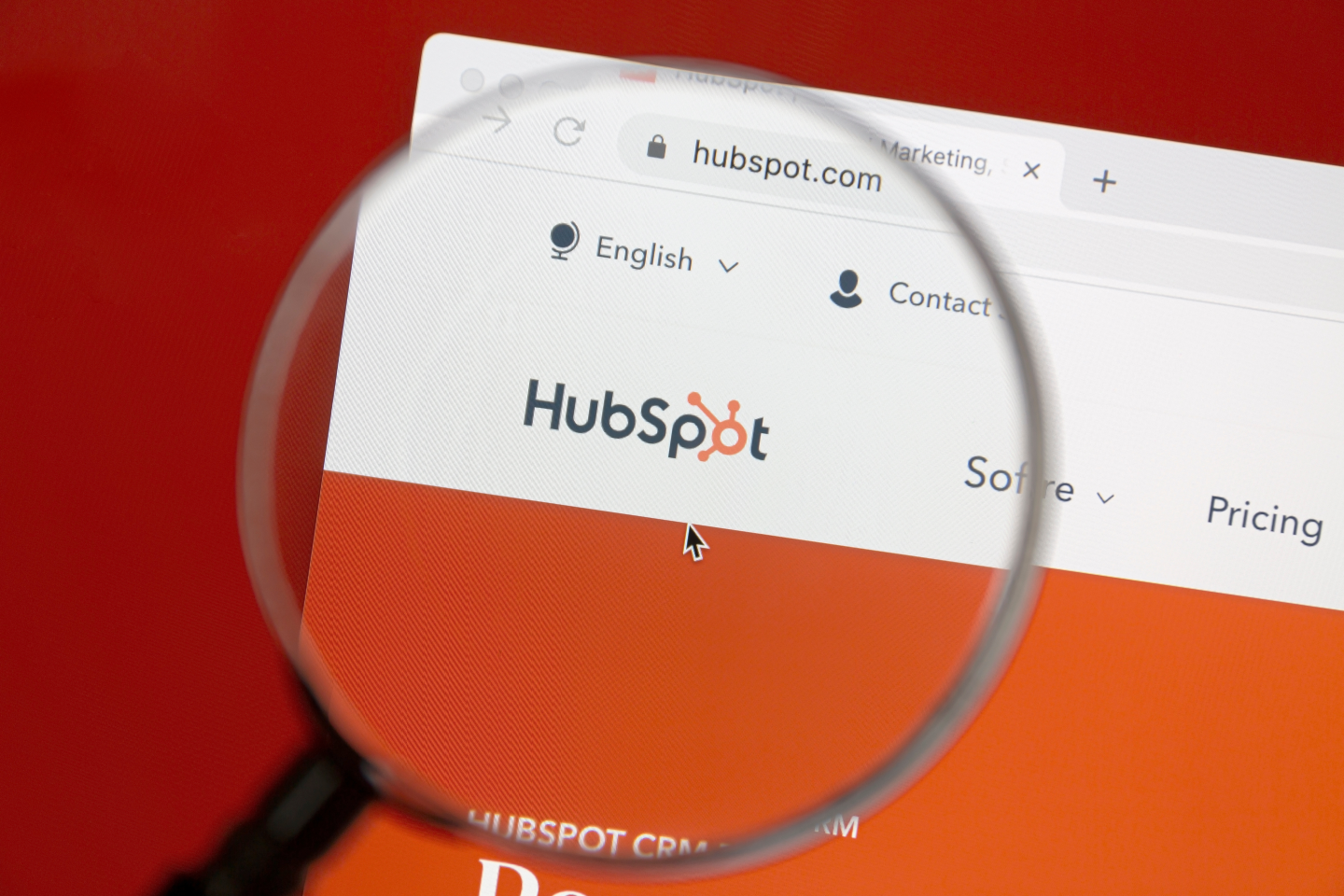
At its core, Customer Relationship Management, also abbrieviated to CRM, is a strategic approach that enables businesses to manage and analyse their interactions with current and potential customers. It involves leveraging technology to organise, automate, and synchronise sales, marketing, customer service, and technical support processes, ultimately fostering a seamless and customer-centric experience.
The Core Components
- Contact Management: CRM systems serve as a centralised hub for storing and managing customer information. From basic contact details to communication history, these systems allow businesses to keep a comprehensive record of every interaction with their customers.
- Sales Automation: CRM platforms streamline the sales process by automating tasks such as lead management, opportunity tracking, and quote generation. This automation not only saves time but also enhances efficiency and accuracy in the sales pipeline.
- Marketing Automation: CRM is not limited to sales; it plays a crucial role in marketing as well. By integrating with marketing automation tools, CRM systems help businesses create targeted campaigns, track customer engagement, and analyse the effectiveness of marketing efforts.
- Customer Support and Service: Providing excellent customer service is a cornerstone of CRM. These systems empower support teams with a 360-degree view of customer interactions, enabling them to address issues promptly, personalise support, and enhance overall customer satisfaction.
Why CRM Matters
- Enhanced Customer Understanding: CRM systems provide businesses with deep insights into customer behaviors, preferences, and buying patterns. This knowledge is invaluable in tailoring products, services, and marketing strategies to meet the specific needs of individual customers.
- Improved Communication: Efficient communication is at the heart of successful customer relationships. CRM facilitates seamless communication by centralising customer data, ensuring that every team member has access to the latest information, and enabling personalised interactions.
- Increased Sales Revenue: By optimising the sales process and improving lead management, CRM contributes to increased sales revenue. Businesses can identify high-value opportunities, nurture leads effectively, and make data-driven decisions to drive sales growth.
- Streamlined Operations: CRM systems eliminate the need for manual and disjointed processes, leading to streamlined operations. This not only boosts productivity but also reduces the likelihood of errors and enhances the overall efficiency of the business.
Choosing the Right CRM:
Selecting the right CRM system for your business is crucial for reaping the full benefits of this powerful tool. Consider factors such as the size of your business, your specific industry needs, and the level of customisation required. Popular CRM platforms include Salesforce, HubSpot, Zoho CRM, and Microsoft Dynamics 365, each offering unique features to cater to different business requirements.
The Future of CRMs
As technology continues to advance, the future of CRM looks promising. Artificial intelligence and machine learning are being integrated into CRM systems, enabling predictive analytics, automated customer interactions, and even more personalised customer experiences.
Wrapping Up
In essence, Customer Relationship Management is not just a tool; it's a strategic approach that transforms the way businesses interact with their customers. From optimising sales processes to enhancing customer service, CRM is a versatile solution that empowers businesses to build lasting and mutually beneficial relationships. In a world where customer experience is paramount, integrating CRM into your business strategy is a step towards staying ahead in the game and thriving in the digital era.
Website Design Services
Get a free web design quote by contacting us today.
Get My Free Web Design QuoteRelated Blogs

Salesforce Fleet Management Options
Effective fleet management is essential for organisations across various industries. Whether you’re a delivery service, a transportation company, or managing […]

How to Use HubSpot to Increase Sales
In today’s competitive business landscape, effectively managing your sales process and maximizing revenue generation is crucial for sustainable growth. HubSpot, […]

What is a Trigger in Salesforce?
In the world of Salesforce, triggers play a vital role in automating and customizing business processes. A trigger is a […]